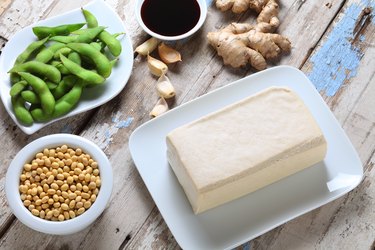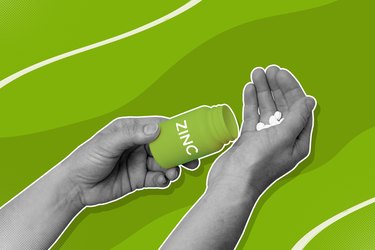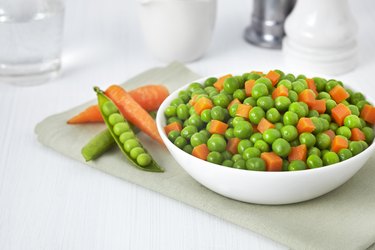We believe healthy eating habits are the foundation of good health. At our nutrition basics page, we offer a variety of resources to help you understand the food groups, macronutrients, micronutrients, portion sizes and more.
Our team of nutrition experts provides in-depth articles on a variety of nutrition-related topics, such as how to read food labels, how to build a balanced meal and how to make healthy food choices when dining out.
We understand nutrition can be a complex and confusing topic, which is why we strive to present information in a clear and easy-to-understand manner. Whether you're looking to improve your overall health, manage a specific health condition or just learn more about nutrition, our nutrition basics page has something for everyone.









































































